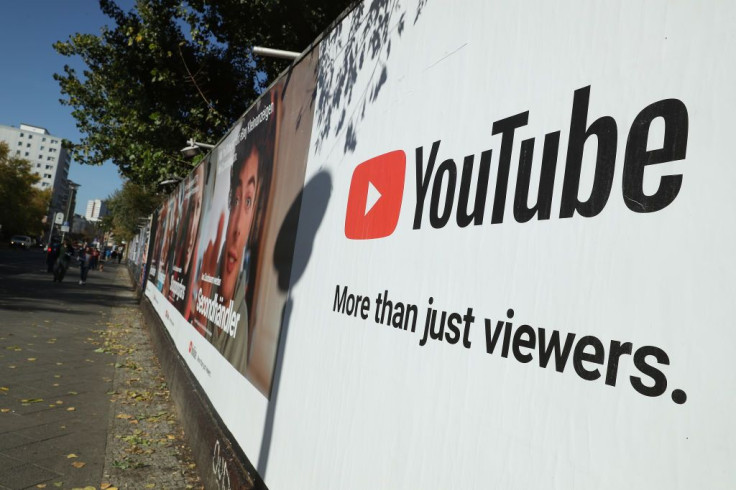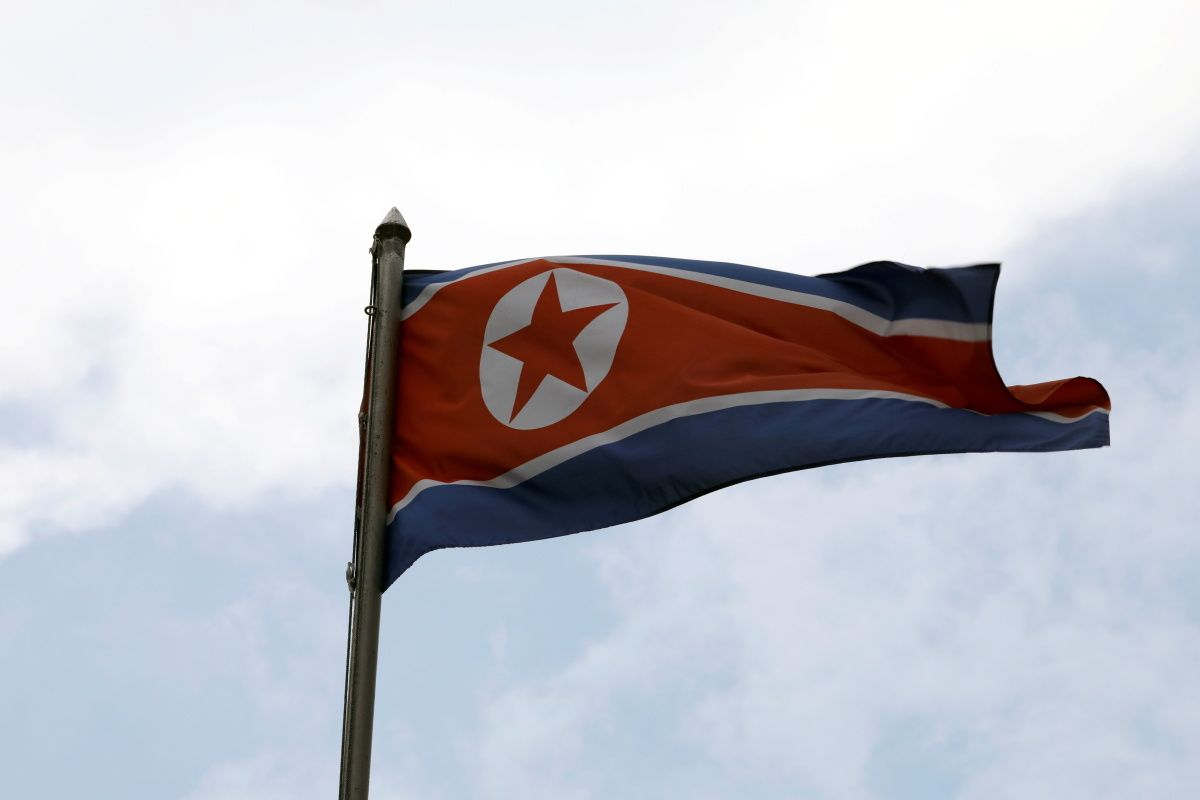KEY POINTS
- Child influencers as young as 11 years old claim show life inside North Korea via YouTube
- North Korean influencer Song A showcased her English-speaking skills in one of her videos
- YouTuber YuMi praises Kim Jong Un and North Korean industries in her videos
Kim Jong Un has taken on a new propaganda strategy by using young YouTube influencers to improve North Korea’s image, according to experts.
Vloggers as young as 11 years old have been posting videos of themselves enjoying trips to theme parks, water parks and ice cream shops over the past year to sell North Korea as a flourishing nation despite it being one of the world’s most isolated and secretive countries and heavily restricting internet use, the Daily Mail reported.
Among these young influencers is Song A, or Sally Parks, an 11-year-old North Korean girl whose YouTube channel has more than 30,000 subscribers and whose introductory video has racked up more than 500,000 views.
Sitting inside her pink bedroom, in front of rows of books and teddy bears, Song A described her experience living in North Korea’s capital Pyongyang.
“Pyongyang, where I live, is a very beautiful and magnificent city. Have you ever been? If you come here you will be totally surprised,” Song A said in her first video, which was uploaded in April 2022.
The young vlogger showcased her English-speaking skills by naming different parts of the body. Song A said her mother taught her how to speak English from a very young age and revealed that her favorite book is “Harry Potter.”
Other videos on her channel feature her visiting a science center, a water park, and a children’s hospital.
Song A is believed to be the daughter of a North Korean diplomat who worked in London. Her grandfather is thought to be Pak Myong Guk, a member of North Korea’s foreign ministry, while her great-grandfather is thought to be Ri Ul Sol, an elite military commander who served the Kim family.
Another young influencer from North Korea is YuMi, who also uploads videos depicting the country as one filled with opportunities under Kim’s regime.
In one of YuMi’s YouTube videos, she was seen picking from a fridge of ice cream in a small shop. She runs through different frozen desserts, including an “egg milk”-flavored ice cream.
“Almost all the ice creams you saw in the store are from the Oil General Health Drinks Factory,” YuMi said in the video, which has been watched over 150,000 times. “It was built under the guidance of President Kim Jong Un, who wants to develop and produce more nutritious health drinks and nutritious food for the citizens of Pyongyang.”
Other YouTube videos posted by YuMi show her vlogging about new streets, performances, restaurants and gyms.
In one of her videos, YuMi can be seen working out at a gym. The influencer said the North Korean leader turned the building into a “modern fitness center” that can accommodate physical training and curative gymnastics.
Experts such as Dr. Colin Alexander, a political communications senior lecturer specializing in East Asian politics at Nottingham Trent, believe that the videos are part of Pyongyang’s attempt to rehabilitate its image and make North Korea seem like a more relatable place.
“The videos themselves are interesting for several reasons. They tend to use females with the intention of creating a sense of the innocent. The younger girl speaks with a southern English (rather than American) accent,” Alexander said.
“Perhaps Pyongyang sees this accent as an international signifier of integrity. There is mention of ‘Harry Potter’ in an attempt to create bonds between young adults and children around the world,” the expert added.
Alexander, who has been to North Korea, claimed that most houses and streets in the country “look nothing” like the ones in the background of the influencers’ videos.
Park Seong-cheol, a researcher at the Database Centre for North Korean Human Rights, told CNN that YuMi’s videos “look like a well-prepared play” scripted by the North Korean government.
Only some high-level officials and a small number of North Korean elites can access the global internet in the socialist state, according to Freedom House.
North Korean citizens can only use the country’s national intranet, called Kwangmyong, where the content is curated by the state-owned Korea Computer Center.








